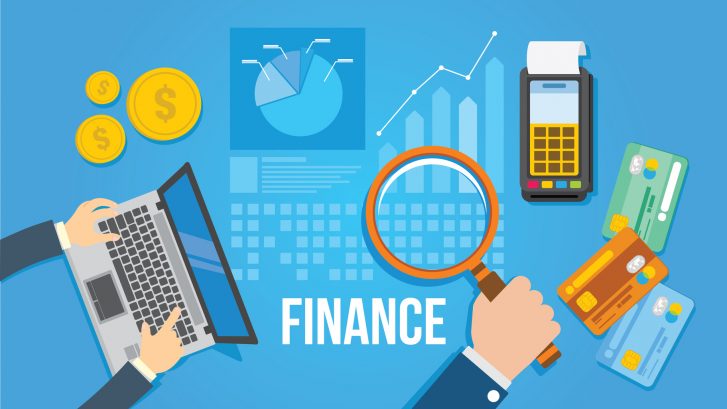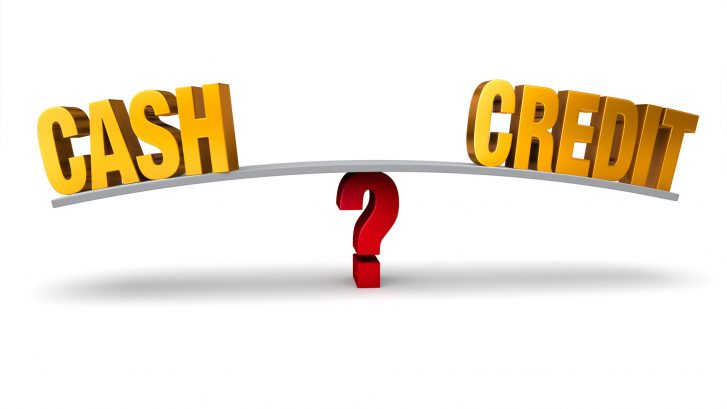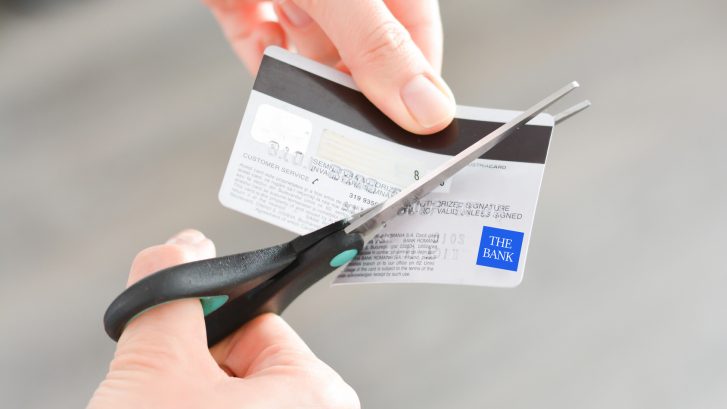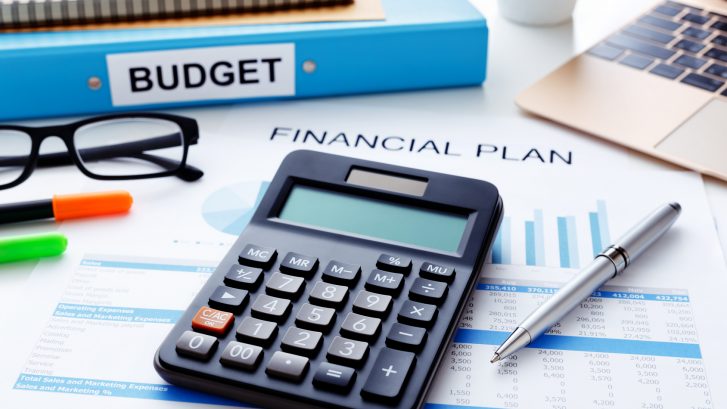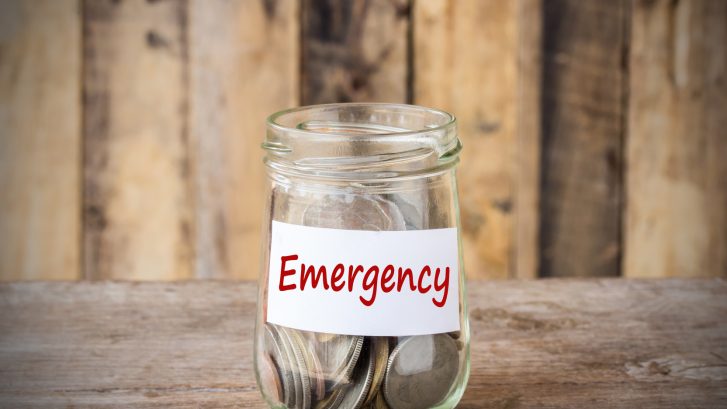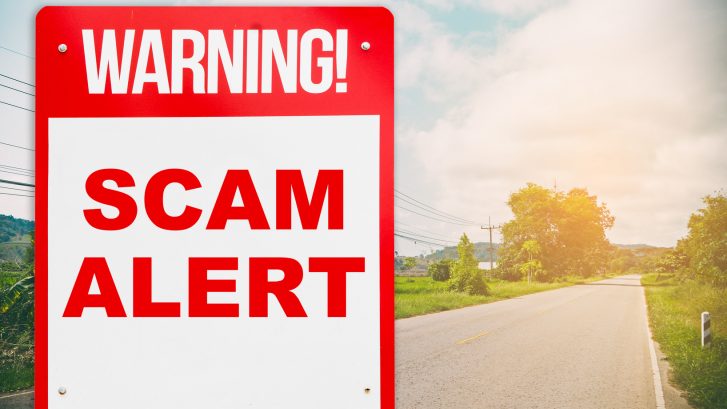Are you looking to get off on the right foot with your personal finances? Then you should take a look at 5 Basic Personal Finance Facts People Overlook.
Whether you’re starting your career or you want to get your personal finances in order, knowing basic facts about finances can move you in the right direction.
Often, people are guided by misconceptions or falsehoods, and this can lead to missed opportunities or even bad investments.
To help set you up to succeed, we’ve outlined 5 finance facts people often overlook:
1. Investment Gains
You found a perfect investment, and now it’s time to cash in.
At this point, many people fear withdrawing their money because they’re afraid of the tax penalties that go along with what they’ve earned.
However, there’s a huge misconception over what you are taxed on.
For example, if you invest $50,000 into a stock and over time you end up with $100,000, with tax, you may believe you owe a certain percentage in taxes off the sale of your stock.
That would take a huge bite out of your profits — and luckily, this isn’t how investment gains work, so be careful not to overlook this fact.
Although you will be taxed, you are only taxed on what you made.
That means anything you initially invested isn’t taxed — only the money you will take home at the end of the day.
In the above example, since you made an initial investment of $50,000 and ended up with $100,000, you made $50,000. After tax on what you earned, which was $50,000, you owe $X amount for your gains — a much better price tag than what many people believe.
So although you do have to pay taxes on what you earn when it comes to capital gains, the hit isn’t as bad as it seems.
So go ahead, take a risk and invest.
2. Higher Tax Bracket
If you’re straddling the line to the next highest tax bracket, you may be afraid working a few extra hours of overtime or that holiday bonus will put you over the edge and wipe out all of your hard work.
But this is a personal finance fact people often overlook.
A few extra dollars — even a few extra hundred — won’t hit you very hard when it comes to taxes, because not all of your income is taxed at the higher percentage.
If you bring home a lower salary per year, you’re inside of the tax bracket.
However, what happens if your boss gives you a bonus? If you get a raise to $38,000 per year, is it even worth it?
Many people believe earning an extra $1,500 per year means they would be bumped up into the 25% tax bracket, which means they’d be taxed at 25% of $38,000, which would be $9,500 compared to $5,475 previously.
At those numbers, you would be making $2,525 a year more if you made $36,500 without a raise or bonus. And that’s little incentive.
Luckily, that’s not how the tax structure operates.
If you fall into the 15% tax bracket, the IRS taxes you 10% on the first $9,725 of your income. Anything you make after this, as long as you stay in this bracket, is taxed 15%.
By using this logic, you’ll never end up in a situation where you make less even though you were paid more.
3. The “Tax-Free” 401(k)
Many employees constantly hear the term “tax-free money” when it comes to putting savings into your 401(k).
But as the saying goes, there are two guarantees in life — death and taxes.
And there will come a day when the taxes will need to be paid on the money you’ve placed in your 401(k).
It is true that in the years you contribute to your 401(k), any money you put away is not taxed and your taxable income will actually decrease by the amount you invested.
But when you retire, eventually you will need to withdraw that money — and this is when the “tax-free” notion disappears.
However, when you retire, you normally draw from your 401(k), possibly a pension and maybe Social Security, so your income should be lower than when you were working full-time.
This means you will be in a lower tax bracket, which means you will be paying less taxes — sometimes significantly less — that you would have when you were shielded from paying them when you were contributing to your 401(k) originally.
So while it may not be “tax-free” money, you can consider it “taxed-later” money.
4. Renting vs. Owning Your Home
You may think owning a home means you’ve achieved your dream and you can stop throwing your money away on rent — but this isn’t always the case.
Just because you own a home doesn’t mean you have the ability to cash out and strike it rich.
Although when you rent a property you do have to pay rent and renter’s insurance and this isn’t an investment for you, it is relatively cheap compared to buying a home.
However, if something breaks, leaks or caves in when you’re renting, you aren’t responsible for the damages and repairs.
You also won’t have to come up with the money to fix the problem right away.
Buying a house is more than investing in its equity.
When you make the initial purchase, you need a down payment (which can be as much as 20% in certain areas), closing costs, insurance and other fees. Plus, you’ll be responsible for all of the maintenance and upkeep of your home.
All of this can add up, and if you’re not financially secure, you can end up losing your investment.
However, buying your own home can be the right choice if it’s the right period in your life — if you have a stable career, a nest egg and a great credit score, this could be the right move for you.
5. Big Refund = Big Ripoff
During tax season, many people look forward to their tax returns.
But when the government gives you a payout this time of year, it actually costs you money.
The check you receive from the IRS is money you’ve already made, the government is simply sending it back to you — hence, it’s called a refund.
What’s so bad about getting this back in April every year?
If you have the money available to you throughout the year, you can do more with it.
For example, if you get a $3,000 tax refund, you could have invested that money throughout the year — so it could have been working for you and earning you interest instead of being in the government’s hands.
However, if saving isn’t your strong point, it can be a good idea to use your tax refund as a way to save — just keep in mind you won’t be making any interest off it.
Don’t Overlook Basic Finance Facts
When it comes to your bank account, being knowledgeable about simple facts can go a long way.
Click here for ways to brush up on your personal finance skills.
Contact us today with any questions about financing and getting the right loan for you.

